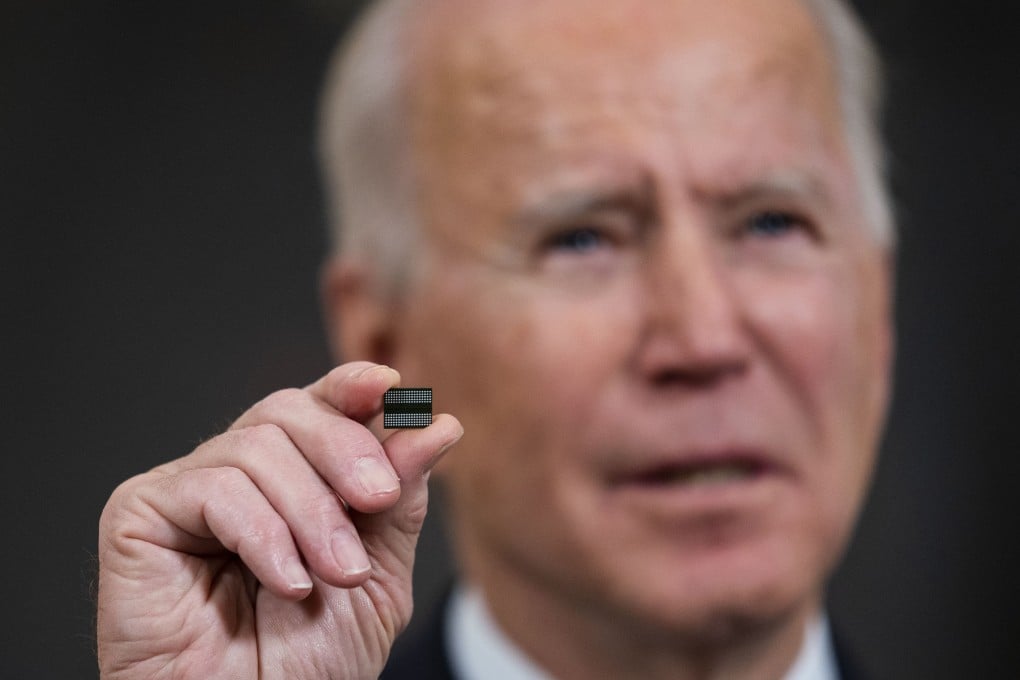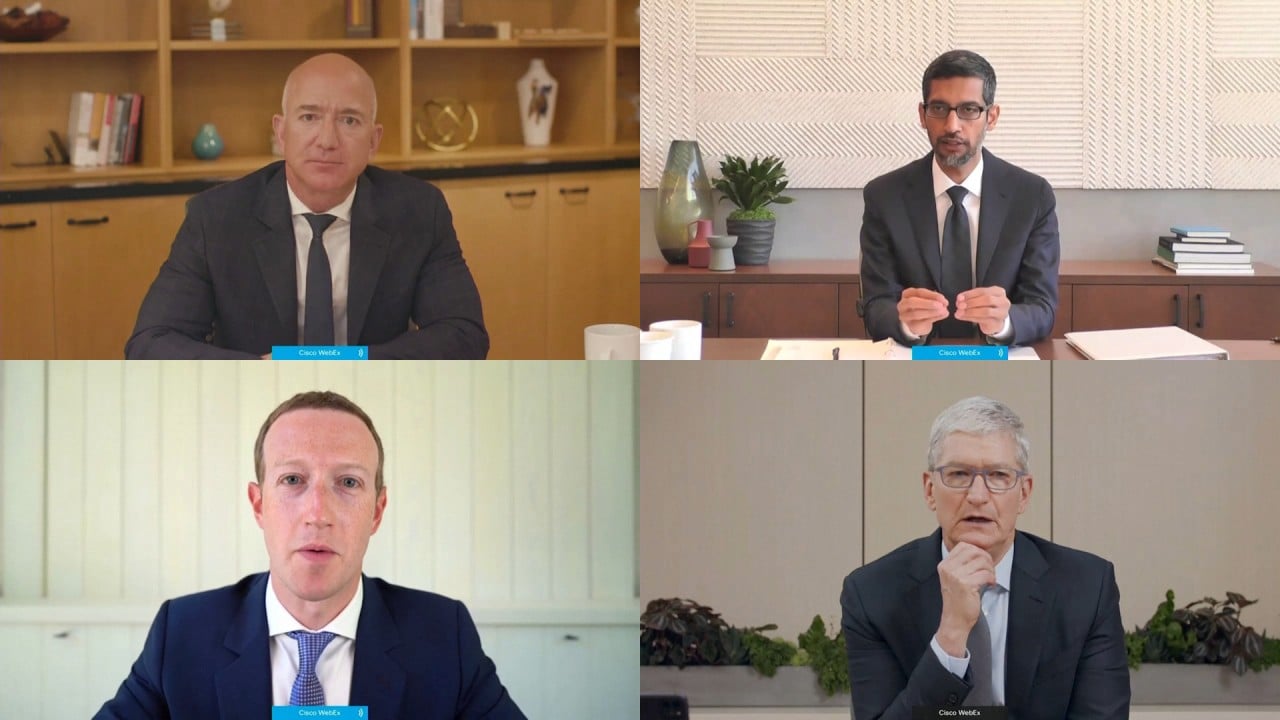As US-China tech war rages, Washington debates steps beyond just blocking the competition
- Debate continues over how much the government should be involved in research and development, and whether a single agency should oversee national tech strategy
- US tech policy is divided among the Commerce, Defence and Homeland Security departments, as well as the National Security Council, each with a different focus

In the first of a five-part series on US-China technology policies, Jodi Xu Klein looks at how the strategies and approaches differ among US government departments and agencies towards China. The subsequent parts of the series will run on alternate Saturdays.
In 2018, ZTE became the first Chinese tech company cut off from US suppliers. Since then, the US government has blacklisted more than 100 Chinese firms on national security grounds. Its logic was simple: by blocking access to American technology, Washington could thwart China’s ambition to overtake the US as the world’s tech superpower.
To a degree, the strategy worked. ZTE’s revenue fell in the US and European markets last year, and China’s tech crown jewel, Huawei Technologies, which landed on at least two Commerce and Defence Department blacklists, saw revenue drop 17 per cent in the first quarter this year after losing access to crucial chip supplies.
But to maintain its tech lead, the US needs to go beyond just blocking the competition, with increased funding and an efficient government structure that can support domestic innovation. Yet three years into the tech war, Washington is still arguing over how much the government should be involved in research and development and whether it needs a single agency to coordinate national tech strategy.
“We are in a very close competition with China, and that may mean to a certain extent trying to slow your competitor,” said Naomi Wilson, vice-president of Asia policy at the Information Technology Industry Council in Washington. “But we have to make sure that we are not setting up unintended hurdles. It is also important we clear out the obstacles on our lane, so that our own companies can run fast.”

02:06
Facebook, Amazon, Google and Apple respond to Congress about whether China steals US technology
